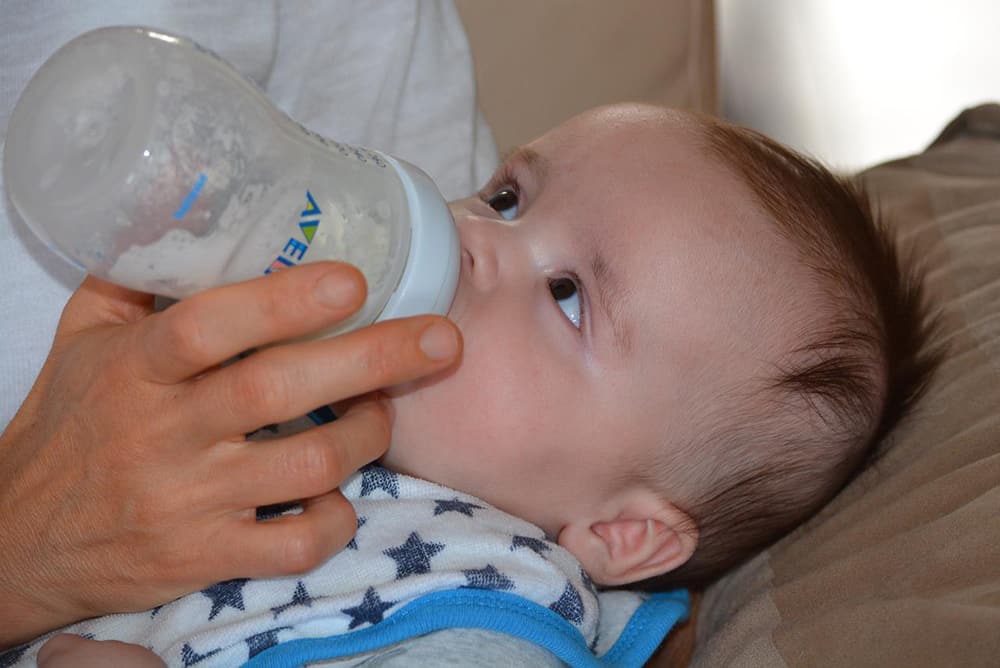
Necrotizing enterocolitis (NEC) is a serious and sometimes fatal illness that primarily affects babies who are born prematurely. NEC develops when otherwise healthy tissue in a baby’s colon becomes inflamed and damaged, often due to bacterial infections.
Early diagnosis is important for long-term health outcomes. The longer a baby suffers from NEC before being diagnosed and undergoing treatment, the more likely they are to develop scarring or narrowing of the bowel that can cause future blockages and gastrointestinal (GI) problems. Malnutrition due to an inability to absorb nutrients, bowel transplants, and even death can all occur.
The time it took your baby’s doctor to render a correct diagnosis could be a key factor in your baby’s recovery. At Frost Law Firm, PC, we consider every fact of the case as we help parents pursue compensation for the harm caused to their baby, including how long it took for symptoms of NEC to develop.
Causes of NEC
Infants who are born prematurely face a significantly higher risk of developing NEC than those who were born at full term. Both the lungs and intestines are not fully mature in premature babies, making them weaker and less effective overall. Premature babies often struggle to move oxygen and blood around their bodies effectively, and struggle to break down food properly and fight off infections. All of these factors leave babies who are born prematurely susceptible to developing NEC.
A significant risk factor is also whether a baby is fed breast milk or formula. Premature infants who are fed either Enfamil or Similac cow’s milk formulas are at a heightened risk for developing NEC. Cow’s milk is especially harsh on underdeveloped GI tracts, and most premature babies are not able to properly digest cow’s milk. Bacteria found in these types of formulas is thought to be one cause of NEC.
The manufacturers of Enfamil and Similac cow’s milk baby formulas did not provide any type of warning to parents or doctors about the dangerous effects their products could have on babies born prematurely.
Symptoms of NEC
Recognizing the onset of necrotizing enterocolitis symptoms is the best way to make sure that your child receives timely care. Since NEC is considered a rare condition, doctors may dismiss concerns until the condition has progressed much farther. Identifying common NEC symptoms will help you be a better advocate for your child.
- Abdominal swelling and pain
- Green or yellow vomit
- Diarrhea
- Blood in stool
- Slow or labored breathing
- Low heart rate
- Low blood pressure
- Unexplained changes in body temperature
- Refusal to eat
- Lethargy or fatigue
- Inability to gain weight
The presence of just one of these symptoms might not necessarily point to NEC on its own, but could still be indicative of a serious health problem. Seek medical attention right away if you notice any of these symptoms in your baby.
How Quickly NEC Develops
Necrotizing enterocolitis most often develops within the first two to four weeks of a child’s life. Every case and child are different, so parents may notice a slow onset of symptoms over the course of a few days, or they might see a sudden and unexpected change in a child who otherwise appeared to be doing well.
Parents and doctors of premature infants should carefully monitor them for symptoms of NEC for up to their first six weeks of life. Although this is outside the typical onset range of two to four weeks, NEC has been diagnosed in babies as old as six weeks.
How Doctors Diagnose and Treat NEC
If your baby presents with a swollen abdomen alongside other symptoms of NEC, your doctor may order some of the following tests:
- Blood tests
- Fecal tests
- X-rays
Treatment options vary depending on the severity of an infant’s condition, and may include:
- Nasogastric tubes. This is a long, thin tube that is inserted through the nose and used to suction fluids and gas out of the stomach.
- Antibiotics. Antibiotics help fight off bacterial infections caused by cow’s milk formulas.
- Ostomy procedures. An ostomy procedure is a type of surgical intervention that connects the large intestine to a bag outside of the body, where feces will exit rather than going through the intestines. Doctors may reattach intestines once a baby is stronger.
- Catheter drains. Placing a drain in the abdomen may be most appropriate for infants who are too weak, too young, or too small to undergo surgical intervention. This will lessen symptoms until the child is strong enough for surgery.
Prognosis for Preterm Infants With NEC
There is a 20% fatality rate for preterm infants diagnosed with necrotizing enterocolitis. Some of those who do survive may go on to live normal, healthy lives. Others are not so fortunate. Long-term health complications are not uncommon, though. Ongoing health issues and the need for medical intervention may be necessary for some victims.
Securing Help for Your Child After a NEC Diagnosis
As a parent, your main priority is keeping your child safe. When your premature newborn developed symptoms of NEC, you did what any loving parent would do—you sought medical attention. Unfortunately, medical care is not cheap in the United States. This means that your child’s life-saving medical intervention may have turned into a financial burden for you and your family.
Frost Law Firm, PC works to ease the burden of these costs by guiding parents through the process of filing an NEC baby formula lawsuit. If your child was harmed after being fed cow’s milk formula, we’re here to help. Contact us to schedule a free consultation so that we can discuss your legal options. There is never any obligation, and we guarantee your confidentiality.



















